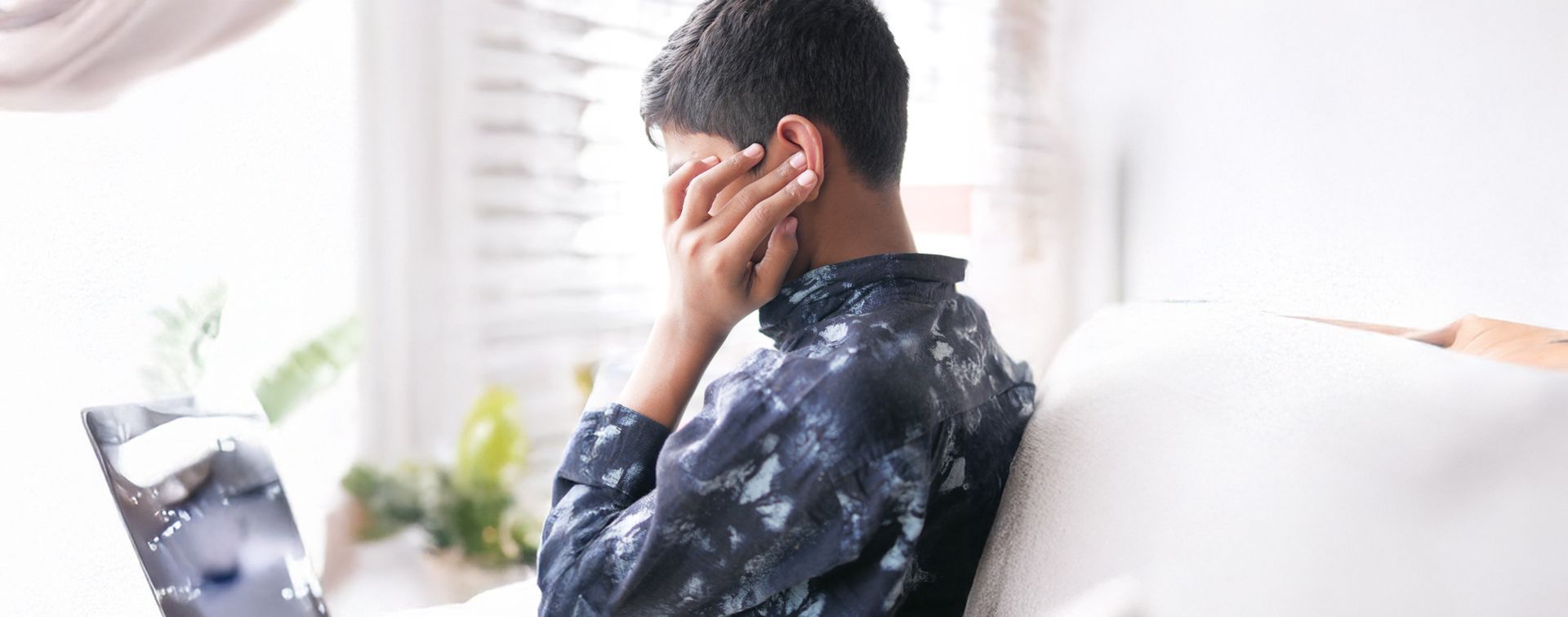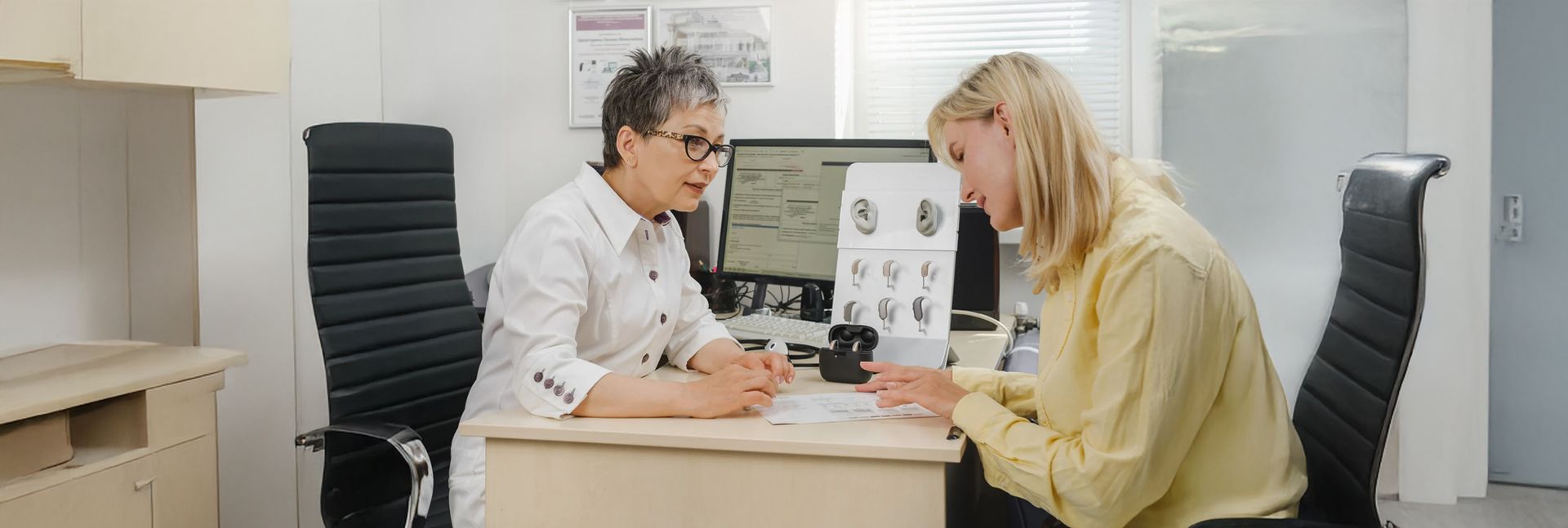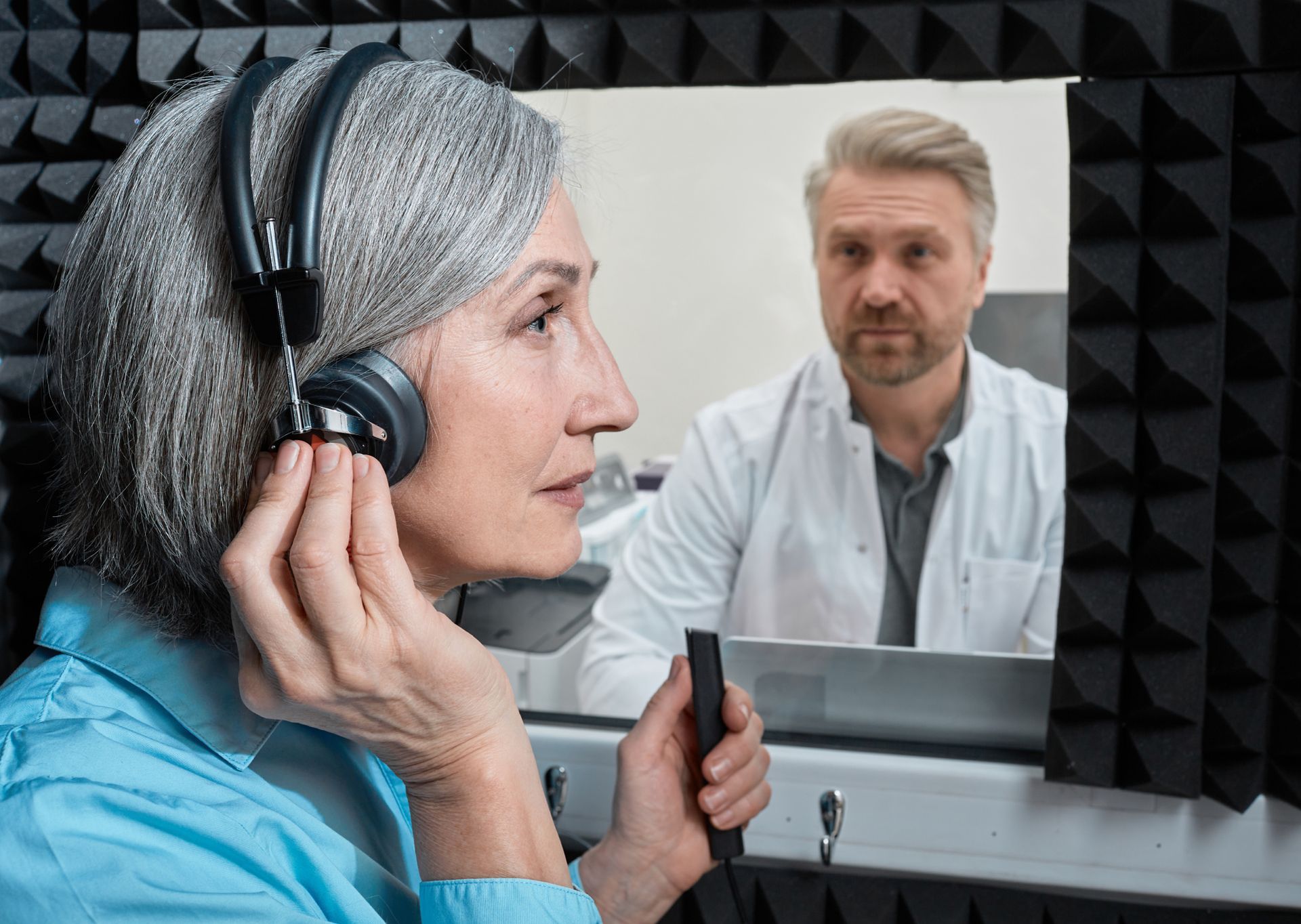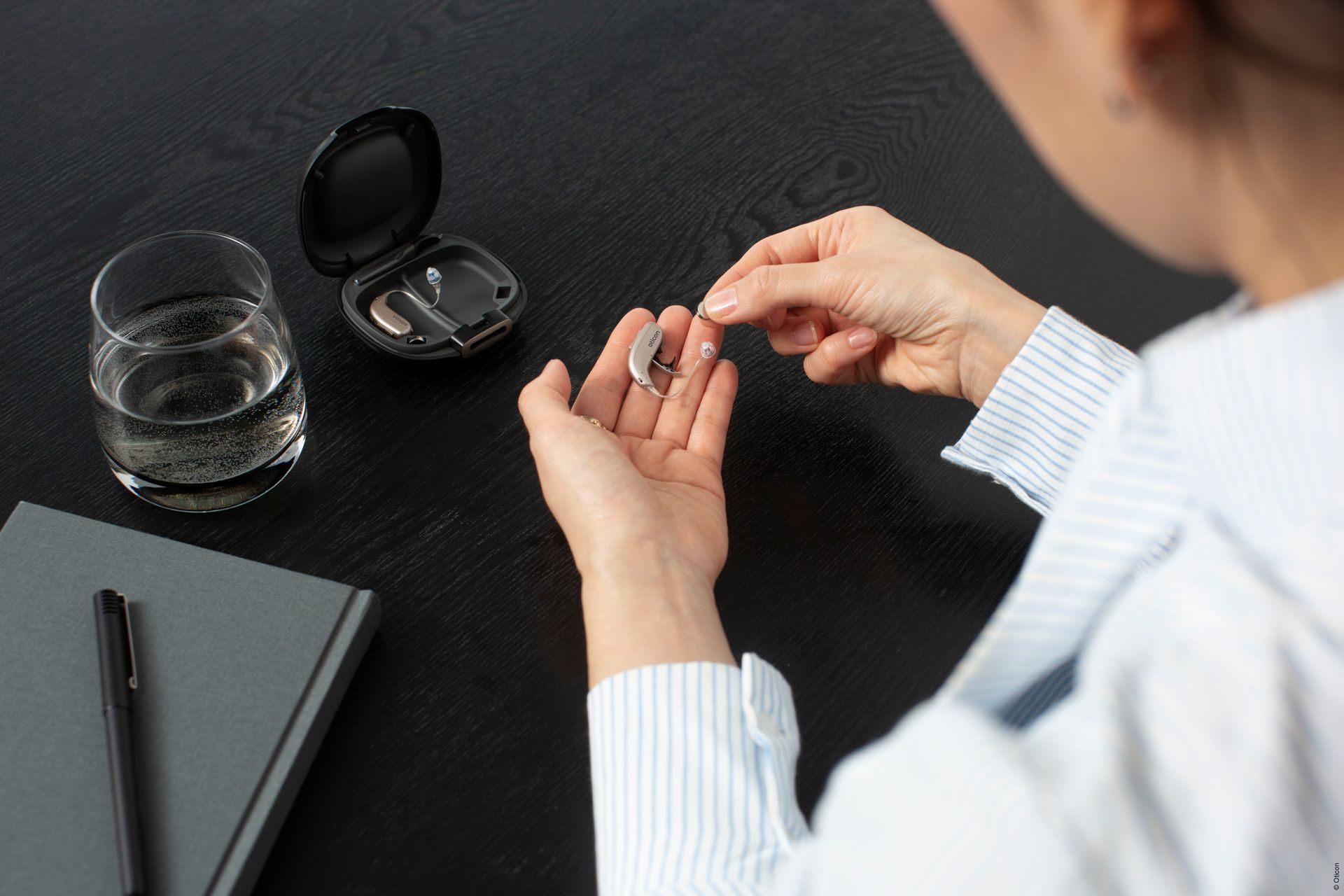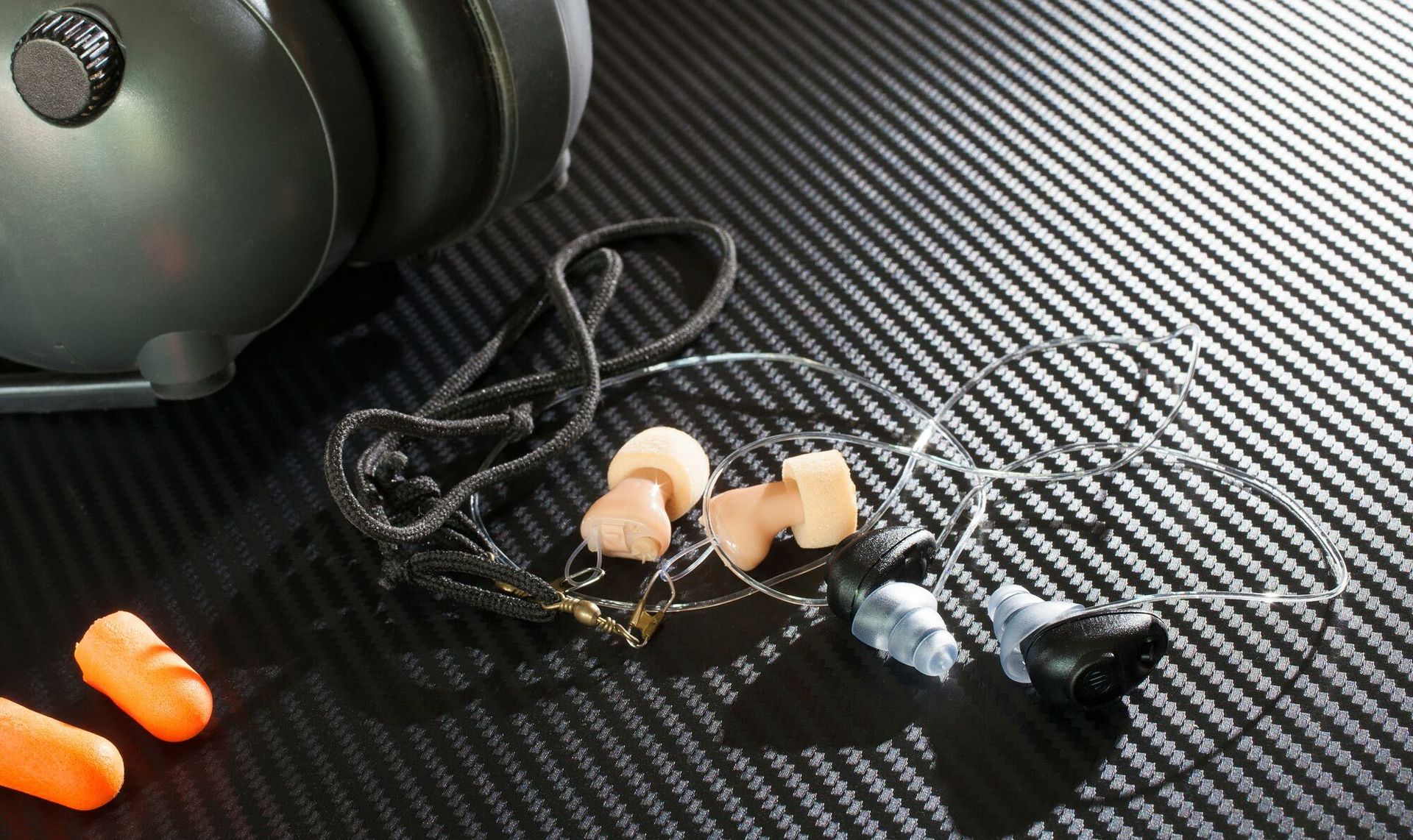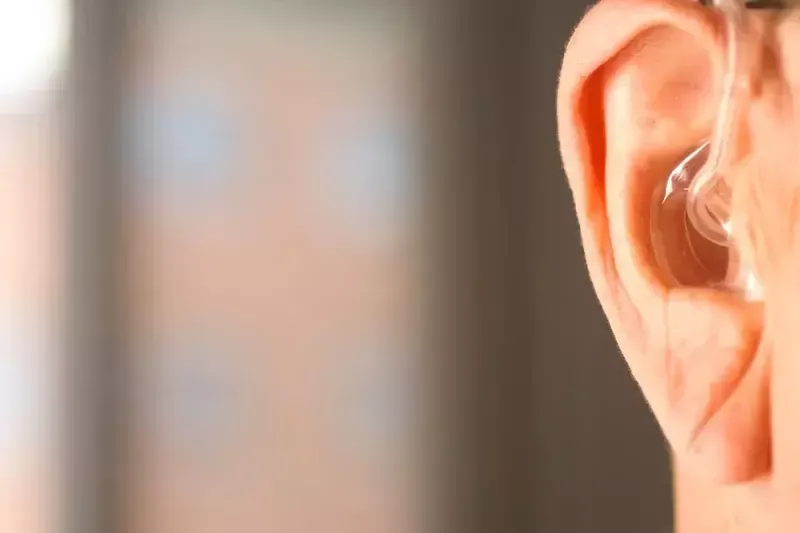Hearing Loss & Social Isolation
Hearing loss doesn’t just affect how we hear, it has far reaching effects in terms of how we connect and live. Across Canada, thousands of adults experience social withdrawal and loneliness as a result of untreated hearing difficulties. When communication becomes a challenge, relationships, work performance, and emotional well-being often suffer.
The team at Audiology First understands that hearing health goes beyond audiograms and devices. It’s about preserving confidence, connection, and community. We focus on both the medical and social aspects of hearing loss, helping Canadians stay engaged and supported through early detection and proven communication strategies.
Understanding the Connection
Canadian research has shown a clear link between hearing loss and social isolation, particularly among adults aged 45 and older. What begins as difficulty following conversations in noisy settings can gradually lead to reduced participation in social activities, and, in turn, greater isolation and loneliness.
- Research Findings:
Studies from Statistics Canada confirm that adults with hearing difficulties are significantly more likely to experience feelings of isolation and loneliness compared to those with normal hearing.
- Age and Gender Factors: Women aged 45+ are especially at risk, often balancing social, professional, and caregiving roles that depend heavily on effective communication.
- Cognitive Impact: Social withdrawal caused by hearing loss can accelerate cognitive decline, increasing the risk of dementia and memory loss.
- Quality of Life Effects: Beyond communication barriers, untreated hearing loss affects confidence, relationships, and participation in daily life.
Audiology First’s Assessment
Our comprehensive hearing evaluations include social impact assessments to identify and address the personal effects of hearing loss early on.
Recognizing the Warning Signs
Early recognition can make a profound difference. Hearing loss-related isolation often develops gradually, showing up as subtle changes in social behavior and communication patterns.
- Social Withdrawal: Declining invitations, avoiding group settings, or withdrawing from once-enjoyed activities.
- Communication Struggles: Difficulty following conversations, frequent requests for repetition, or pretending to understand.
- Emotional Impact: Frustration, embarrassment, and reduced self-confidence when engaging with others.
- Behavioral Changes: Increased dependence on lip reading or avoidance of noisy environments.
Audiology First’s Early Detection
Our screenings and social impact assessments help identify at-risk individuals early and create tailored intervention plans for our patients.
Effective Communication Strategies
Good communication doesn’t stop with hearing aids, it’s a skill that can (and needs to) be learned, practiced, and shared. Audiology First offers communication training to help both individuals and families foster clearer, more confident interactions.
For Individuals with Hearing Loss:
- Get the other person’s attention before speaking.
- Face the person and maintain eye contact.
- Advocate for your communication needs.
For Family and Friends:
- Speak clearly (not louder).
- Rephrase rather than repeat.
- Reduce background noise and ensure good lighting.
Environmental Modifications:
Choose quiet venues, sit in well-lit areas, and minimize distractions to make conversation easier.
Technology Aids:
Assistive devices and smartphone apps can enhance clarity, especially in group or public settings.
Audiology First’s Communication Training
We offer personalized strategies, family sessions, and ongoing education to promote effective everyday communication.
Building Social Confidence
Confidence in social situations takes time and support. Through communication coaching and peer programs, Audiology First helps individuals rebuild assurance in everyday interactions.
- Preparation Strategies: Plan ahead for group conversations and set realistic expectations.
- Advocacy Skills: Learn how to disclose your hearing loss and request accommodations comfortably.
- Group Communication: Practice strategies for meetings, family gatherings, or public events.
- Technology Integration: Use hearing aids and smartphone features effectively to stay connected.
Audiology First’s Confidence Building
We provide communication coaching, social skills workshops, and peer support to empower individuals to reconnect with their communities.
Treatment and Intervention Options
Managing hearing loss effectively requires both technology and personalized care. Audiology First offers a full range of hearing treatment services designed to improve communication and quality of life.
- Hearing Aid Technology: Advanced devices with noise reduction, directional microphones, and Bluetooth connectivity.
- Assistive Listening Devices: FM systems, loop systems, and amplifiers for specific listening environments.
- Counseling Support: Guidance for adjusting emotionally and socially to hearing loss.
Audiology First’s Comprehensive Care
Our ongoing support ensures that every patient receives continuous care, right from the initial assessment and fitting, all the way to long-term communication success.
Family and Community Support
Hearing health is a shared experience. Strong family and community support can make an enormous difference in maintaining engagement and emotional well-being.
- Family Education: Learn communication strategies and understand the emotional impact of hearing loss.
- Community Resources: Access support groups and hearing loss organizations across Canada.
- Workplace Accommodations: Use technology and communication tools to stay effective at work.
- Social Network Maintenance: Stay active in community activities and social events with the right tools and confidence.
Audiology First’s Support Network
We offer family counseling, community connections, and referrals to ensure no one faces hearing loss alone.
Understanding the link between hearing loss and social isolation is the first step toward meaningful, lasting connection. With early intervention, the right communication strategies, and ongoing support, individuals with hearing loss can thrive — both socially and emotionally.
Audiology First is committed to helping Canadians hear better, communicate confidently, and live fully connected lives. Because better hearing isn’t just about sound, it’s about belonging. Book your initial assessment with us online today!
